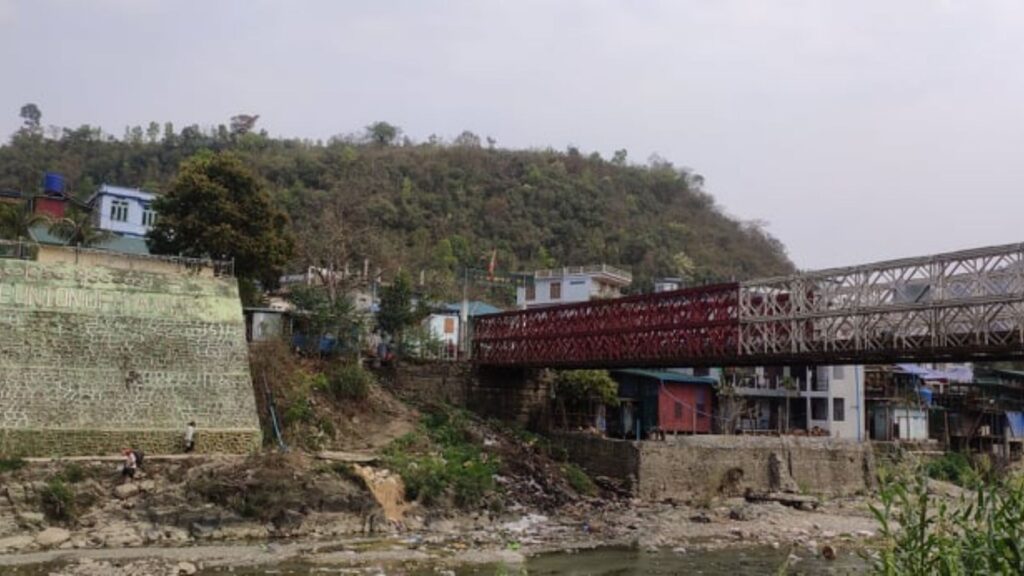In a significant move, the apex student body of Mizoram, Mizo Zirlai Pawl (MZP), has voiced strong opposition to the Government of India’s recent decision to scrap the Free Movement Regime (FMR) and implement border fencing along the Indo-Myanmar border. The student body’s concerns were outlined in a memorandum submitted to Prime Minister Narendra Modi through the Governor Hari Babu Kambhampati, with additional copies sent to the Vice President of India, the Union Home Minister, and the Union Home Secretary.
Expressing deep apprehension and disagreement with the decision, MZP emphasized that the implementation of these policies would result in the division of the Zo people residing in both India and Myanmar. The Free Movement Regime, established by the Government of India, has played a crucial role in bridging the gaps caused by administrative divisions and international boundaries since the colonial period.
MZP highlighted the impact of the regime on fostering cultural, social, and familial ties among the Zo people, enabling them to participate in various aspects of each other’s lives, including funeral rites, marriage ceremonies, visits to patients, religious gatherings, and local sports tournaments. The recent termination of the regime is perceived as a severe infringement on the rights of the Zo people, depriving them of fundamental aspects of their shared heritage.
The student body expressed shock at the decision, particularly in light of India’s status as a global power and a signatory to the United Nations Declaration on the Rights of Indigenous Peoples 2007 (UNDRIP). They drew attention to Article 36 of the declaration, which upholds the right of indigenous peoples, divided by international borders, to maintain and develop cross-border contacts for spiritual, cultural, political, economic, and social purposes.
MZP urged the Indian government to reconsider its decision and called for alternative measures to address concerns such as drug trafficking and smuggling, without resorting to actions that would further divide indigenous communities. The student leaders stressed the importance of preserving the rich cultural heritage and interconnectedness of the Zo people across borders.
The MZP leaders announced plans to convene a meeting tomorrow to discuss the issue further. They emphasized their readiness to take additional actions to address this matter, highlighting the significance of protecting the rights and unity of indigenous communities in the face of governmental decisions that threaten their cultural fabric.

